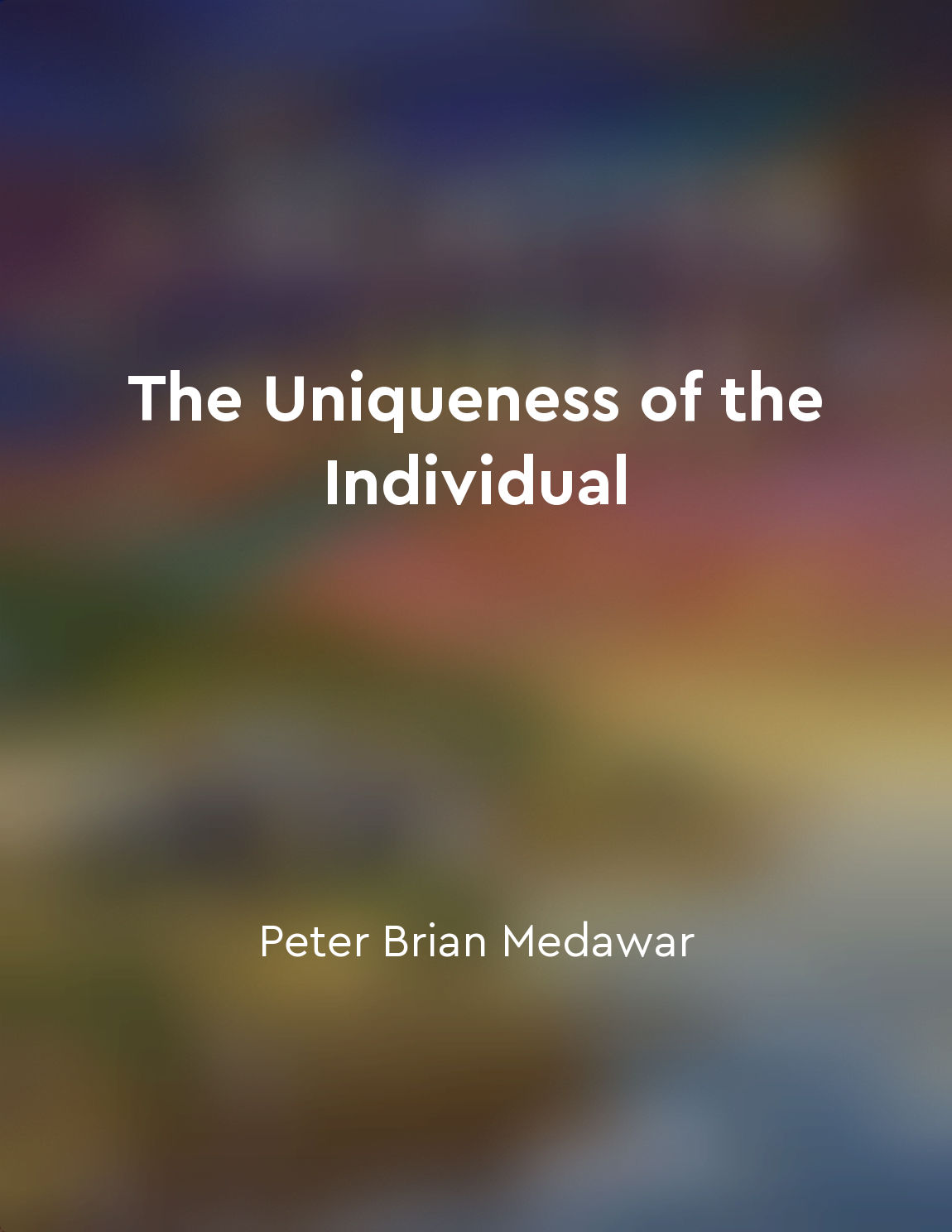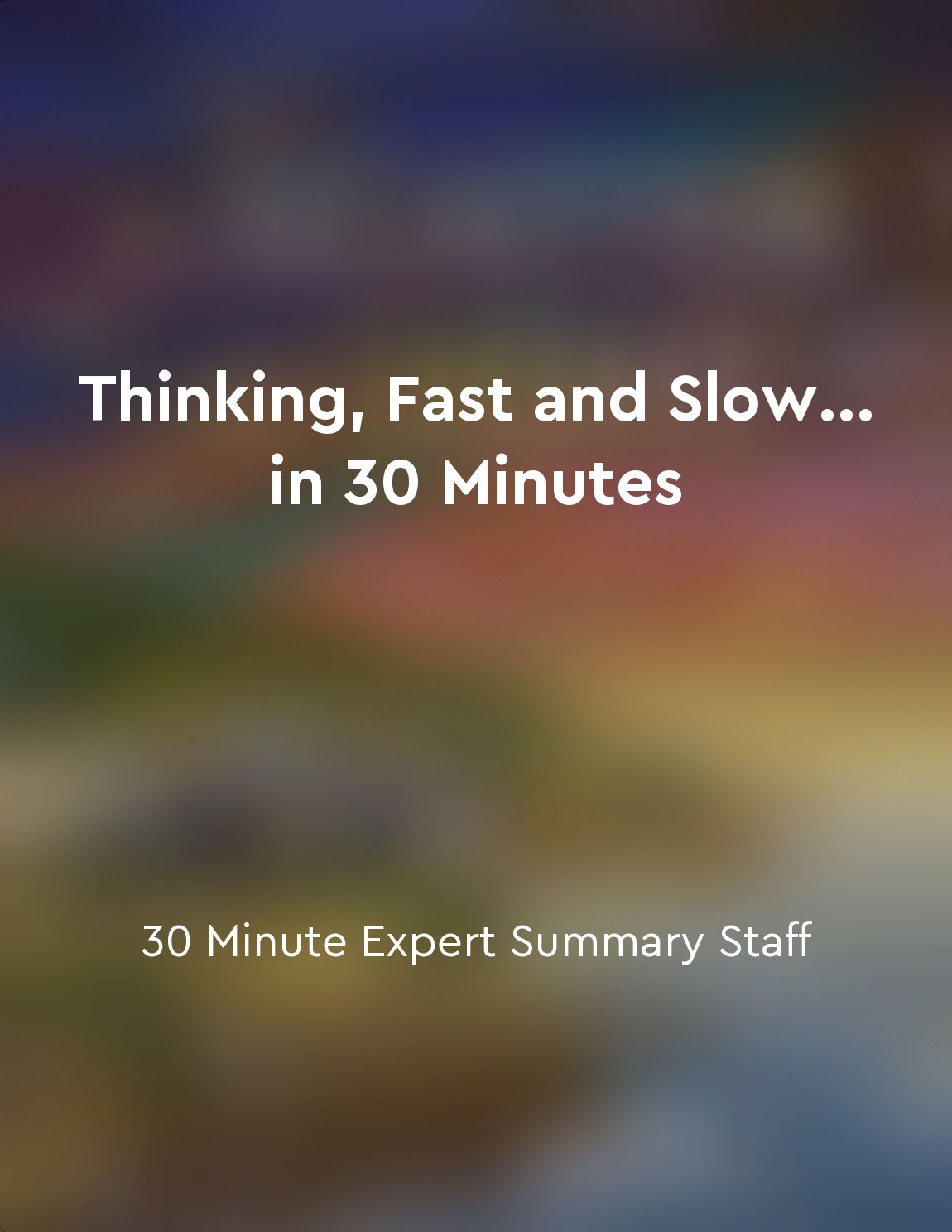Recognizing and addressing biases improves interactions from "summary" of The Art of Conversation by Judy Apps
When we bring biases into a conversation, we are not truly engaging with the other person. Our biases cloud our perception and prevent us from seeing things as they really are. This can lead to misunderstandings, conflict, and missed opportunities for connection. By taking the time to recognize our biases and address them, we can create a more open and authentic dialogue with others. Addressing biases requires us to examine our thoughts and beliefs with honesty and humility. It means being willing to challenge our preconceived notions and consider alternative perspectives. This can be uncomfortable, as it requires us to confront our own limitations and vulnerabilities. However, the effort is worth it, as it allows us to engage in conversations with greater empathy, understanding, and respect. When we acknowledge our biases, we show respect for the other person's point of view. We demonstrate that we are willing to listen and learn, rather than assuming we already have all the answers. This can create a more inclusive and welcoming atmosphere, where everyone feels valued and heard. It also helps us to build stronger relationships based on trust and mutual respect.- We can improve the quality of our interactions and deepen our connections with others. We can learn from each other, grow together, and create a more harmonious and enriching community. It is through this process of self-reflection and self-correction that we can truly become better conversationalists and, ultimately, better human beings.
Similar Posts
Engage in critical discussions and debates based on your readings
Engaging in critical discussions and debates based on your readings is a crucial aspect of becoming a better reader. When you a...
Adapting to different decisionmaking processes is key in multicultural environments
In multicultural environments, individuals from different cultural backgrounds often have varying approaches to making decision...
Building relationships is crucial in business
In today's competitive business environment, it has become increasingly clear that success hinges on the ability to build and m...
Trusting your instincts is important in mind reading
Trusting your instincts is like a sixth sense that guides you in the mysterious realm of mind reading. It's that gut feeling th...
They consider implications and consequences
When faced with a problem or decision, individuals who possess critical thinking skills go beyond simply identifying the issue ...

Microaggressions are harmful
Microaggressions are harmful because they are like a constant drip of acid on the skin. Individually, they may seem insignifica...

Each person has a distinct identity
The notion that each person possesses a unique identity is a fundamental aspect of human existence. This concept emphasizes the...

Sunkcost fallacy influences behavior
The sunk cost fallacy is a common cognitive bias that influences decision-making. People tend to continue investing in a certai...
Utilizing the scarcity principle can be effective
The scarcity principle is a powerful tool in the world of persuasion. When something is scarce or limited in availability, peop...
Overconfidence can lead to poor decisions
The phenomenon of overconfidence represents a common cognitive bias that can significantly impact decision-making processes in ...

